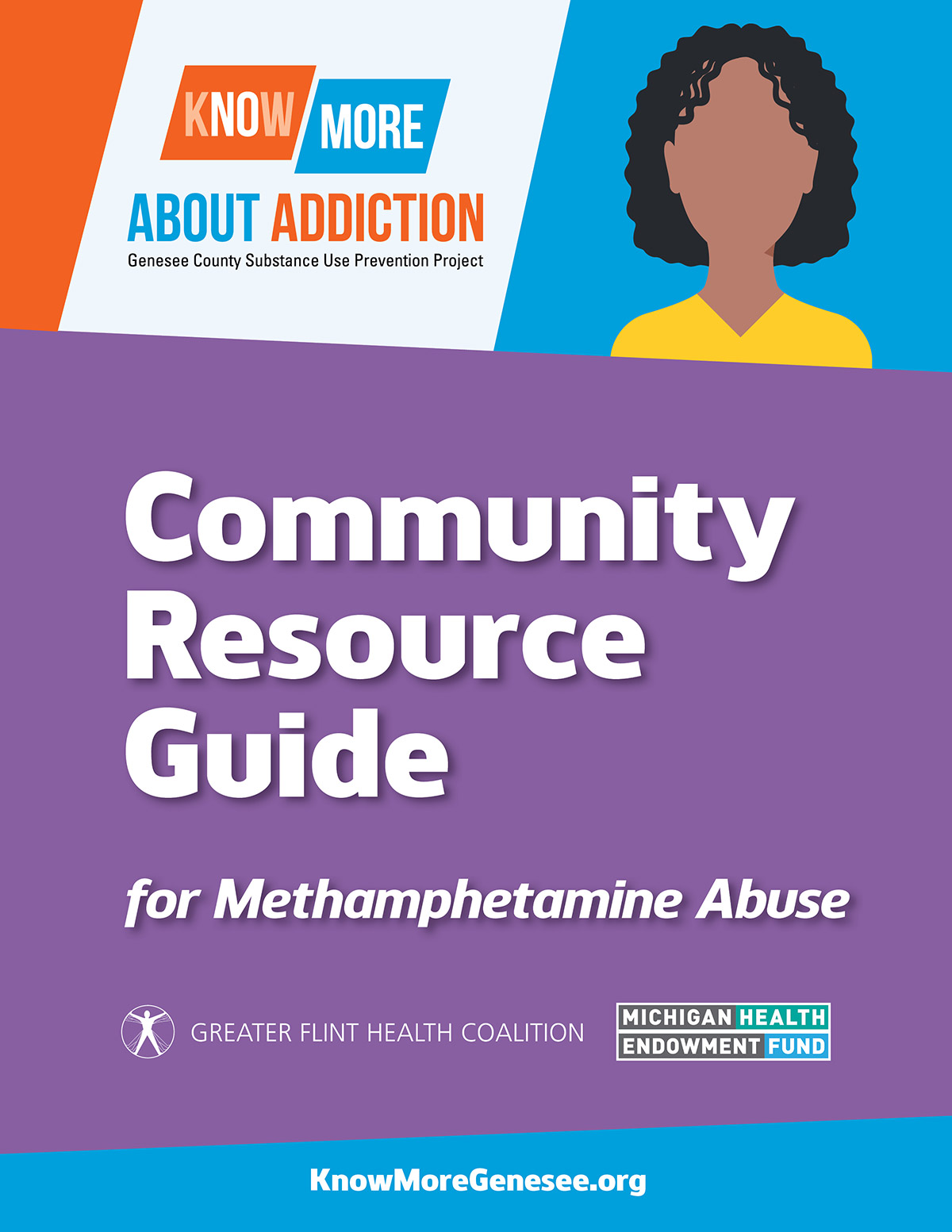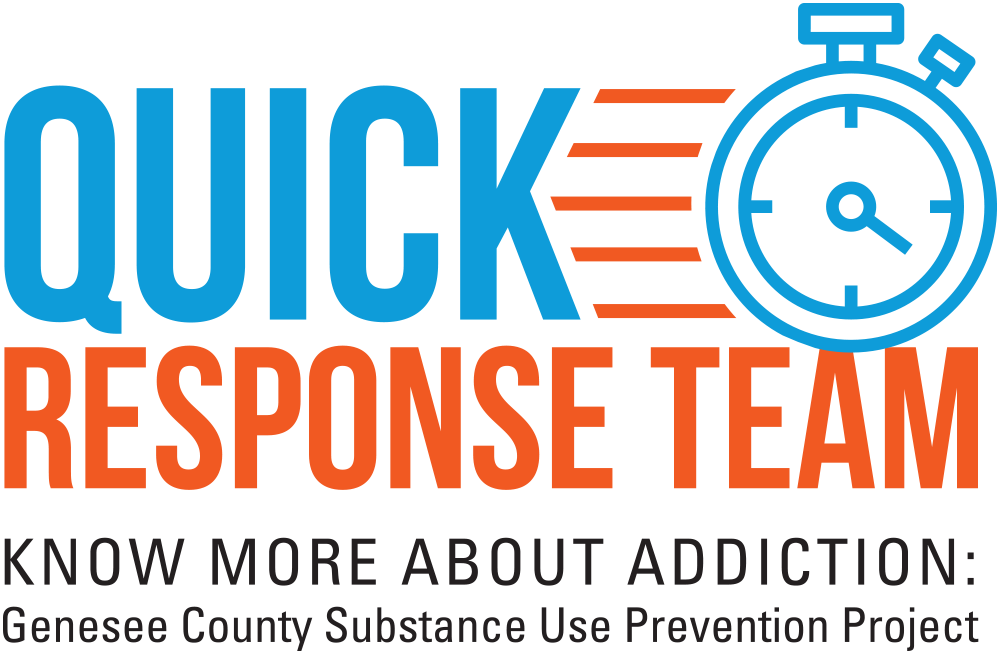If you are concerned about or struggling with methamphetamine addiction or know somebody that is, this resource will help you better understand methamphetamine. Know more about methamphetamine and get help if needed.
What is Methamphetamine?
Methamphetamine is a powerful, highly addictive stimulant that affects the central nervous system. Crystal methamphetamine is a form of the drug that looks like glass fragments or shiny, bluish-white rocks. It is chemically similar to amphetamine, a drug used to treat attention-deficit hyperactivity disorder (ADHD) and narcolepsy, a sleep disorder. Other common names for methamphetamine include blue, crystal, ice, meth, and speed.
Know How Methamphetamines are Used
People can take methamphetamine by:
- Smoking
- Swallowing (pill)
- Snorting
- Injecting the powder that has been dissolved in water/alcohol
Because the “high” from the drug both starts and fades quickly, people often take repeated doses in a “binge and crash” pattern. In some cases, people take methamphetamine in a form of binging known as a “run,” giving up food and sleep while continuing to take the drug every few hours for up to several days.
Know the Short-Term Health Effects of Methamphetamine Use
Taking even small amounts of methamphetamine can result in many of the same health effects as those of other stimulants, such as cocaine or amphetamines. These include:
- Increased wakefulness and physical activity
- Decreased appetite
- Faster breathing
- Rapid and/or irregular heartbeat
- Increased blood pressure and body temperature

Know the Long-Term Health Effects of Methamphetamine Use
- Extreme weight loss
- Addiction
- Severe dental problems (“meth mouth”)
- Intense itching, leading to skin sores from scratching
- Anxiety
- Changes in brain structure and function
- Confusion
- Memory loss
- Sleeping problems
- Violent behavior
- Paranoia — extreme and unreasonable distrust of others
- Hallucinations — sensations and images that seem real though they aren’t
- Increased risk of contracting infectious diseases such as HIV and hepatitis B and C1




